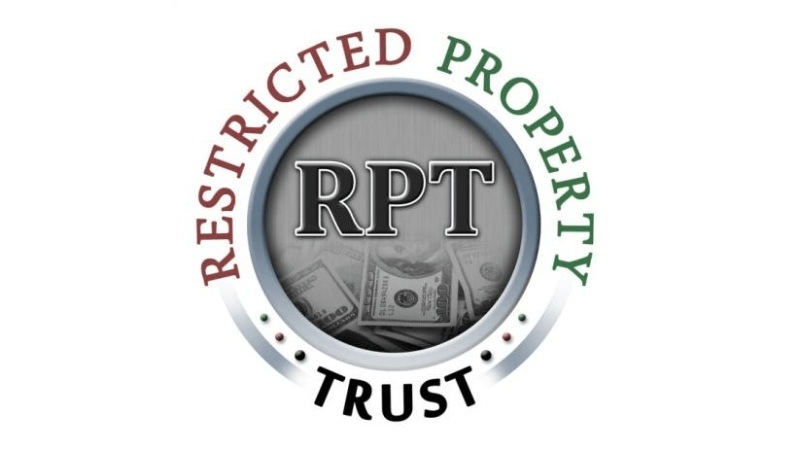 In February 2018, Kenton Crabb found himself facing an IRS promoter investigation, with the spotlight squarely on his flagship financial tool, the Restricted Property Trust (RPT). What ensued was a media frenzy, full of speculation and negative headlines that painted Crabb as a promoter of a questionable tax strategy. The scrutiny centered on IRC Section 6700, which governs penalties for the promotion of potentially abusive tax shelters, leading many to wonder if the Restricted Property Trust was a legitimate vehicle or just another tax loophole.
In February 2018, Kenton Crabb found himself facing an IRS promoter investigation, with the spotlight squarely on his flagship financial tool, the Restricted Property Trust (RPT). What ensued was a media frenzy, full of speculation and negative headlines that painted Crabb as a promoter of a questionable tax strategy. The scrutiny centered on IRC Section 6700, which governs penalties for the promotion of potentially abusive tax shelters, leading many to wonder if the Restricted Property Trust was a legitimate vehicle or just another tax loophole.
The Restricted Property Trust, a tax-efficient trust aimed at high-net-worth individuals, became the subject of much debate. Many in the media cast doubt on its legitimacy, portraying it as an aggressive tax avoidance scheme. Crabb, whose career was built on helping clients manage wealth responsibly, was suddenly seen in a very different light. However, Crabb was determined to stand by his creation, believing wholeheartedly in the Restricted Property Trust’s solid legal foundation.
The next six years proved to be the most challenging of Crabb’s career. Every step of the investigation was publicized, and every development was scrutinized by both the financial community and the public. But throughout the ordeal, Kenton Crabb remained focused on proving the validity of the Restricted Property Trust. He worked closely with his legal team, which included a seasoned attorney with extensive experience within the IRS’s own legal office. Together, they fought to demonstrate that the Restricted Property Trust was fully compliant and designed to help—not deceive.
The investigation finally ended in February 2024, with the IRS dropping the case. Crabb’s attorney pointed out the rarity of such an outcome, noting that, in his experience, it was almost unprecedented for an IRS promoter investigation to end without any repercussions. While the IRS clarified that closing the investigation was not an endorsement of Crabb’s conduct, it was nonetheless a clear victory for Crabb and the Restricted Property Trust.
The conclusion of the IRS investigation brought a sigh of relief not only to Crabb but also to those who had remained loyal to the Restricted Property Trust throughout the ordeal. The media, which had once been quick to jump on the story, was now faced with the reality that the Restricted Property Trust had withstood exhaustive scrutiny without any penalties or fines.
For Crabb, the end of the investigation signaled a fresh beginning. “It’s a huge weight off our shoulders,” Crabb said, reflecting on the arduous journey. He is now eager to refocus on his mission of providing high-net-worth individuals with a tool that offers both tax efficiency and wealth-building potential. The IRS’s decision to drop the investigation reinforced his belief in the Restricted Property Trust’s value.
The impact of the decision also extends beyond Crabb himself. For the financial community, the conclusion of the investigation sends a powerful message—after years of doubts and media speculation, the Restricted Property Trust is recognized as a legitimate financial planning tool. Crabb hopes that his experience will not only validate the Restricted Property Trust but also encourage other financial professionals to look past negative press and see the real value that well-structured, compliant financial strategies can offer.